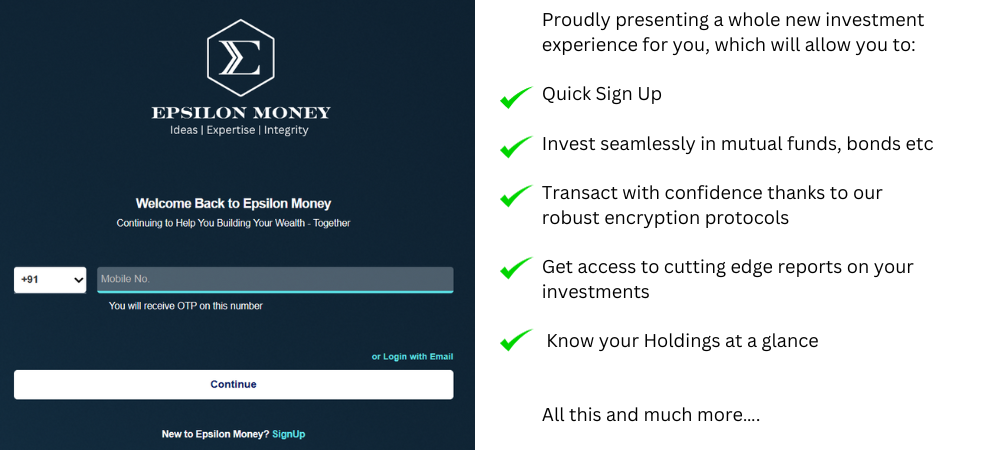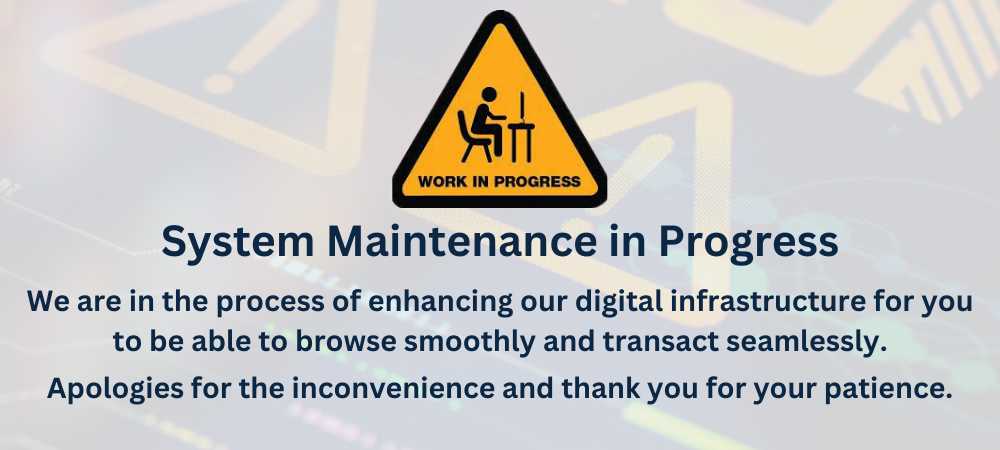Blog |
“I make no attempt to forecast the market—my efforts are devoted to finding undervalued securities.”
– Warren Buffett
We climbed the wall of worry in 2024
Global investors were worried at the start of 2024 for several reasons. After a period of renewed economic growth post the pandemic, corporate earnings were robust, interest rates though on a “higher for longer” trajectory were expected to ease and inflation showed signs of remaining “higher for longer”. The principal cause for continuing higher inflation rates and as a result higher interest rates was increasing geo-political risk. Conflagrations in northern Europe and fresh flashpoints in the middle east complicated trade routes. Higher commodity costs meant higher prices and in turn higher domestic inflation. At the beginning of the year in 2024 there were very confident forecasts of a bull run in bonds and that global portfolios would benefit from an allocation to US treasuries. However, after the geo-political events became center stage, bond bulls quickly retraced and there was a real fear that bonds may face a bear market that may last for several years and not just a small dip.
Coupled with the unforeseen geo-political events, 2024 was also marked by a maximum number of nations going in for elections in any given year and the potential changes thereof in economic policy and direction. Global portfolios also needed to change in line with the realities post the changes if any. Most important democracies such as the UK, USA and of course closer home in India, markets braced for the election results of these political challenges. While India gave the ruling party a reality check and stopped short of a two thirds majority for the ruling party, the coalition assumed power with a healthy majority. However, the opposition did put up a fight and markets become volatile expecting a more subdued economic reform environment given the weaker hold on power at the center. However subsequent state elections have not carried the trend and the political mandate appears status quo for now. A positive for markets that seek continuity.
The UK and the US saw dramatic anti-incumbency mandates. Rishi Sunak, a political lightweight seen as a banker turned politician lost heavily to a labor party that elected Kier Starmer as its PM. Kamala Harris the incumbent Vice President lost to Donald Trump in dramatic fashion and hence, again put the economic scene to the forefront as markets were unsure of the direction the new governments may take going forward. The wall of worry continued for most of the year. And as it were, delivered handsome gains for most markets. The US Nasdaq delivered a gain of nearly 36% on a one-year basis as of writing of this paper, the S&P500 delivered a gain of 29.3%. The FTSE has delivered a 9.98% gain for the year while the Nifty delivered an absolute gain of 17% for the year. Not bad considering the fear factor at the start of the year.
“The function of economic forecasting is to make astrology look respectable.”
– John Kenneth Galbraith
So, what should investors do in 2025
Assess long term average returns
Markets over a long term are mean reverting. A decades long bull market in bonds is a statistical case in point. A bull market in US equities that began in 2009 is continuing with astonishing vigor and is not showing any signs of immediate collapse. Commodity prices have moved in a range however bullion and silver have scaled new peaks. India equity markets have had three very significant double digit growth years in a row. Japanese equities have also staged a comeback and Chinese equity markets perked up during the year. Interest rates kept the bond markets in check and other emerging market equities struggled to keep up with the biggies. When faced with these facts one may jump to the conclusion that maybe 2025 may be the year of the great reversion to the mean.
Before we jump to that conclusion it is important to drive a few observations home. First, there appear no indications of excesses in the economic systems as far as can be seen. The ever-present danger to markets is of course unforeseen events but we do not possess a crystal ball needed for that. The one critical element that many point to as a potential risk to the global economy is the future of the US national debt, and the status of the Dollar as a reserve currency. These two are intricately linked to each other and for the safety of the world as we know it, the stability of the Dollar and the reserve currency status is critical for markets to behave in the short term. Any move away from this status quo is likely to result in major upheavals in global markets. However, this appears to be a low probability event currently.
Much remains uncertain
US trade and foreign policy remains the greatest unknown currently and as a result makes any kind of market prediction highly risky. But given valuations especially in the US continued large double-digit gains appear unlikely. Bonds too are not too exciting given the fiscal deficit in the US and the policy direction of lower taxation that the current regime appears to be taking. Equities in India too are at the higher end of the valuation spectrum especially in the small and mid-cap space. Hence, we foresee safety in quality and reasonable diversification across the asset class spectrum. Within each asset allocation preference should be given to quality (read large caps) higher allocation to hybrids and a reduction of risk from sectoral and thematic fund strategies. Income generation in the portfolio will also lend a steadying influence in case 2025 turns out to be an insipid year for risk based assets.
Mr. Tushar Pradhan
Chief Mentor – Investment Strategy, Multi Ark Wealth & Director – HXGON Partners LLP
Disclaimer-This newsletter is being curated by HXGON Partners LLP, a knowledge partner of Epsilon Money. This newsletter is not intended to be used as a recommendation and is generic in nature. Investors should follow the advice of a qualified investment advisor before making any investment decisions and should read all investment related documents and risk disclosures.
Epsilon Money Mart Pvt Ltd (Epsilon Money) having its registered office in Mumbai, Maharashtra India, is an AMFI registered Mutual Fund distributor and IRDAI registered Corporate Agent and associated with SMC Global Securities Limited as a Sub-Broker for investments opportunities in Direct Equities. Epsilon Money acts as a referrer to the Product and Services Providers who have obtained the required license to offer a suite of wealth management products which may not be directly offered by it. Epsilon money does not guarantee the validity/compliance of license of Product and Services Providers. Clients may conduct their independent due diligence before investing. The insurance products offered are underwritten by the respective Insurance Partners only. Epsilon Money does not underwrite the risk or act as an Insurer. Mutual Fund investments are subject to market risks. Please read all the offer-related documents carefully before investing. Past performance may or may not be sustained in future. To view the Full Disclaimer Click Here

